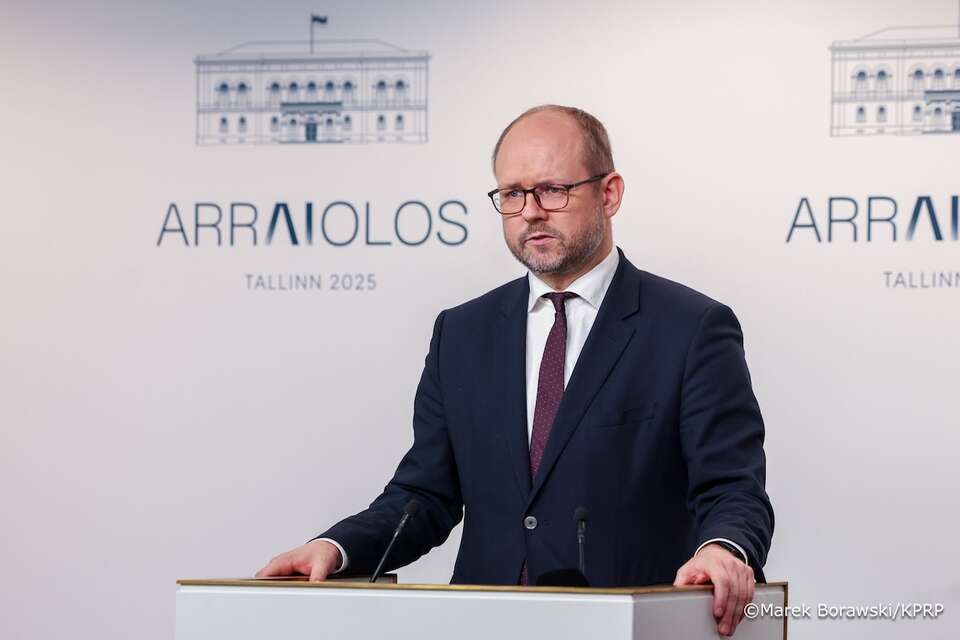Energy storage is a rapidly developing technology that will allow entrepreneurs to reduce the cost of running a business, as well as reduce the emissions produced, i.e. the carbon footprint of the organization.
Energy storages can become a key component of the energy transition. They allow balancing electricity demand, and their use can secure the operation of transmission and distribution networks. Diversification of electricity sources, as well as the widespread use of the energy storages can help to increase the stability of electricity supply.
This is a solution that should find interest among both producers and consumers of electricity (households, entrepreneurs).
A team of lawyers from the law firm Legal Advisers and Attorneys Prokurent, as well as specialists of Elbudbis sp. z o.o. company have prepared for you this comprehensive document, which is the most up-to-date summary of the topic of energy storage.
It presents the available technologies, broadly discusses the possibilities of using available solutions, and also presents the legal and tax aspects in detail.
We believe that this study will be a significant voice in spreading the use of existing energy storage solutions among businesses and households and will contribute to the ongoing transformation of the power system.
Electrical energy storage system – an installation that allows for the storage of electrical energy and its supply into the power grid.
Energy storage – an installation that enables the storage of energy, including electrical energy storage.
Energy storage systems are devices or systems used to store energy for later use. They play a crucial role in improving the efficiency and stability of energy systems, especially in the context of the increasing integration of renewable energy sources, which are inherently variable.
To halt climate change, it is necessary to reduce greenhouse gas emissions associated with human activities. Energy production, which globally accounts for 33% of emissions, largely relies on fossil fuels. Reducing carbon dioxide emissions resulting from the burning of coal, oil, or gas can be achieved by replacing these sources with renewable energy sources. Renewable energy sources (RES), such as solar, wind, hydro, or tidal energy, according to the special IPCC report from 2018, are expected to constitute over 70% of global energy production in scenarios that allow for halting climate change at 1.5° by the mid-21st century.
Increasing the share of renewable energy sources requires a thorough overhaul of energy systems. Some renewable energy sources provide energy in an unstable manner, for example, depending on weather conditions. In the case of solar energy, electrical energy production is only possible during the day and can vary depending on cloud cover. Excess energy produced due to favorable weather conditions can lead to wastage, as the electrical grid is not always able to accommodate it, forcing safety systems to disconnect producers from the grid. This issue is exacerbated by the growing number of energy prosumers. A solution could be energy storage, which allows for the use of surplus energy when demand exceeds current production.
The advantage of energy storage is increasing independence from the electrical energy supplier. Additionally, the advantages of this solution include:
- savings – the energy storage system allows for the use of the entire surplus electrical energy stored;
- no short-term power outages;
- relief for the power grid;
- utilizing environmentally friendly solutions;
- increased energy security.

Additional features of the energy storage system

If you have any questions or concerns regarding the above matter, please do not hesitate to contact our experts:
Piotr Włodawiec: wlodawiec[at]prokurent.comŁukasz Moczydłowski: moczydlowski [at] prokurent.comPaweł Wróblewski: 'p.wroblewski [at] elbudbis.pl
Authors:
Piotr Włodawiec – Attorney-at-law / Senior Partner
Łukasz Moczydłowski – Attorney-at-law / Senior Partner
Paweł Wróblewski – CEO ElbudBis
RelkondsMaterial prepared in collaboration with:


 10 miesięcy temu
10 miesięcy temu


![Walczą o dodatek dla niesamodzielnych. Teraz proszą premiera. [List otwarty]](https://g.infor.pl/p/_files/38130000/donald-tusk-38130273.jpg)







